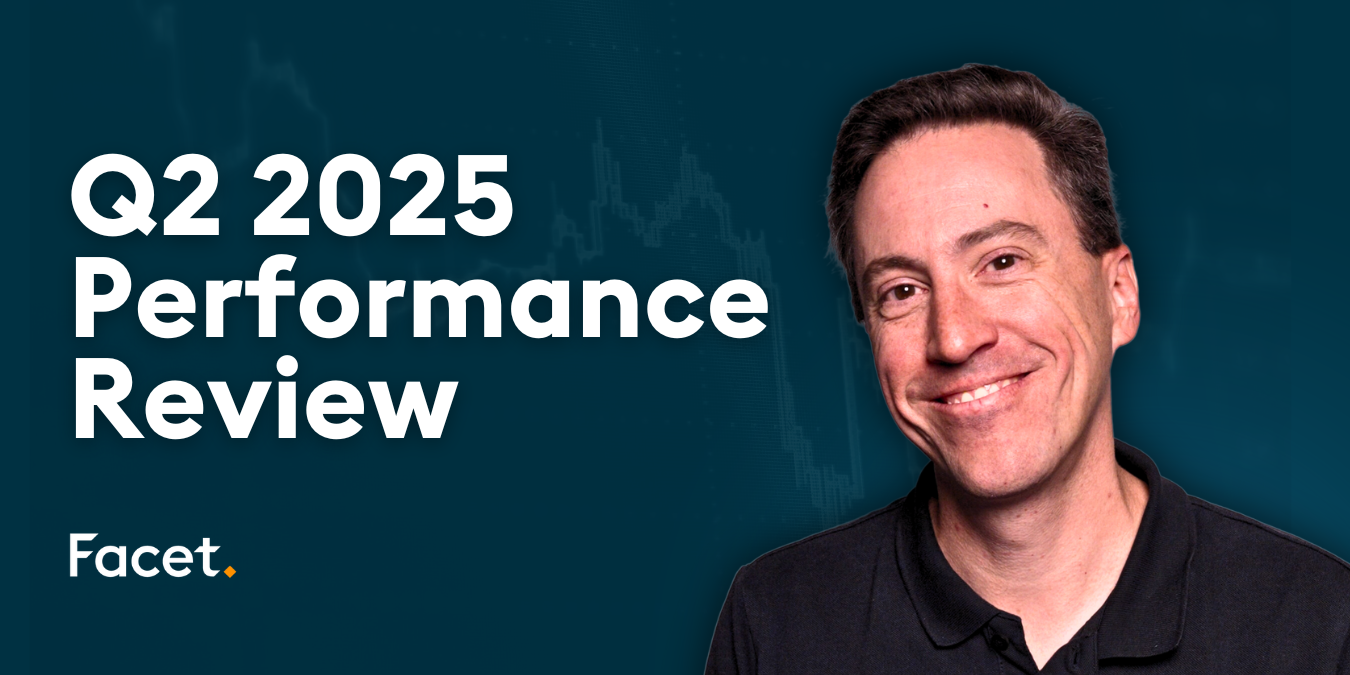
The information provided is based on the published date.
Key takeaways
- Taxpayers with simple returns can often do their taxes (or have them done) for free
- Many organizations offer free tax preparation
- Storefront tax firms and online software can streamline the tax prep process
- There are four types of pros who can prepare tax returns: accountants, enrolled agents, Certified Public Accountants, and tax attorneys
- No matter how you get your taxes done, the IRS holds you responsible
It’s that time of year again: tax season. No one decorates for tax season (unless you think a calculator is decoration). No one throws a party. But you can heave a sigh of relief and congratulate yourself on a job well done if you approach tax season the right way.
Regardless of how you feel about the process, you have options to get it done efficiently and effectively. Should you do it yourself with software that promises to make it simple? Use a storefront service? Hire a professional? And if you hire a professional, do you need an accountant, an Enrolled Agent (EA), a Certified Public Accountant (CPA), or a tax attorney? What’s the difference?
Here’s the information you need to help you decide which option will make tax season less taxing.
Four free ways to do your taxes (or have them done)
First, you have four choices for tax prep that won’t cost you a penny.
- Go old school and download or pick up the tax forms and fill them out by hand. (Many libraries, municipal buildings, and community centers have the most common forms.) The only cost will be your time and a stamp to file by mail. Keep in mind that it can take up to six months for the IRS to process a paper return.
- IRS Free File is a simple, online service offered by the IRS. Answer some questions and the software completes and files your tax return. IRS Free File is only for taxpayers with an adjusted gross income (AGI) under $73,000. (Adjusted gross income is your total income minus certain expenses, such as contributions to many retirement accounts, alimony, and other expenses.) The IRS partners with a few companies to provide this service; some offer free state tax returns as well.
- Some paid services, such as TaxAct, TurboTax, and several others offer free tax prep and filing for federal tax returns (and often state tax returns as well). These free services are limited to taxpayers with simple returns, which generally means only having to file the main tax form (Form 1040) and only including:
-
- W-2 income
- Limited interest and dividend income reported on a 1099-INT or 1099-DIV
- IRS standard deduction
- Earned Income Tax Credit (EIC)
- Child Tax Credit (CTC)
- Student loan interest deduction
-
Note that the free products generally include multiple attempts to upsell you to one of the paid products, which you’ll have to repeatedly decline.
4. Many national and local organizations, such as The American Association of Retired Persons (AARP), Volunteer Income Tax Assistance (VITA), Tax Counseling for the Elderly (TCE), and community groups offer free tax prep by volunteers. The amount of training volunteers receive varies; AARP volunteers are IRS certified. One possible drawback: a local volunteer will know your complete financial situation.
For taxpayers with simple financial lives, one of these free services may be just fine. Keep in mind that if the IRS has questions or decides to audit you, you’re on your own. Because the IRS says it takes the average taxpayer 11-13 hours to file and prepare their federal return, you may decide to pay a professional to do the work for you. Here you also have several options.
Six ways to have your taxes done (but you’ll have to pay)
- Many storefront tax preparation services pop up at the beginning of the year, such as H&R Block, Liberty Tax, and many others. There are local services that pop up during tax season as well. Training for tax preparers varies; some may be deemed qualified to do tax returns with as little as five hours of training. Clients can book an in-person appointment or enter information online to have taxes prepared. Many also offer loans to qualified clients based on the amount of the anticipated refund, though finance charges range from high to exorbitant: Liberty Tax, for example, charges 35.99% for loans. With the IRS processing online tax returns for most taxpayers in an average of 21 days, that may be a steep price to pay to get your anticipated tax refund a couple of weeks sooner.
- As noted above, products such as TurboTax, TaxAct, and others, have paid versions, as well as free versions. Typically the software is available at different price points depending upon the complexity of your tax situation. Most software allows you to enter your info and then pay an additional fee to have your taxes prepared by one of their professionals. Some packages include preparation and filing of state tax returns, others will charge a small fee for state returns. Once your federal return is complete, the information carries over to your state return, so state returns can typically be completed in a few minutes.
Finally, there are four types of dedicated tax professionals:
- Accountants: Typically provide a range of financial services. Some concentrate on bookkeeping; if they’re not enrolled agents, CPAs, or attorneys, they may not be qualified or authorized to represent taxpayers in front of the IRS and may not be the best choice for tax preparation.
- Enrolled agents (EAs): Federally licensed individual tax practitioners who have passed a two-day IRS-administered exam. They are qualified to handle tax preparation at various levels of complexity, and can represent you in an IRS audit, but cannot argue cases in tax court.
- Certified Public Accountants (CPAs): Tax professionals who have a bachelor’s and often Masters degrees in accounting and have passed a grueling series of tests to gain the licensing. They prepare returns, can represent you in the event of tax problems, and can assist you with tax planning.
- Tax Attorneys: Lawyers who specialize in tax planning. Only attorneys and individuals who have passed the "Tax Court Exam For Non-Attorneys" are authorized to argue cases before Tax Court.
The fees charged by professional tax preparers can range from as little as $100 to $5,000 or more, with fees largely driven by the complexity of your situation and the sophistication of the tax strategies employed by the professional you are working with.
For most taxpayers with relatively straightforward tax situations, an EA will generally have all the expertise necessary. CPAs and Tax Attorneys are primarily for taxpayers whose tax situations are fairly complex.
Questions to ask and things to know
First, no matter which tax prep strategy you choose, you are ultimately responsible for your tax return. Even if you’re paying someone else to do your taxes, the potential liability is all yours. Always verify everything on your return before filing it. And ask:
- Does the tax preparer have a preparer tax identification number (PTIN). The IRS requires one for all paid tax preparers (not volunteers). You can double-check here. If they don’t have one, choose someone else.
- Will the preparer sign your return and file it electronically? If not, choose someone else.
- Does the preparer insist on copies of your W-2 and all records and receipts? A good preparer will.
- Does the preparer charge a percentage of your refund? That’s a huge red flag and generally illegal. Make sure you understand the fees and what you’re getting for your money.
- Who at the firm will work on your return? How long have they been there? This can be an indication of consistency year after year.
Finally, if you’re using a professional, check for any disciplinary actions and the status of any licenses they may hold. These links will help you start your research:
The IRS has a free list of tax professionals, searchable by zip code, where you can find professionals and verify their credentials. This can be an excellent starting point in your search.
Tax season may not be the most fun time of year. But the right choice of how to get your taxes done can go a long way towards reducing stress and making the season a little easier.
Facet
Facet Wealth, Inc. (“Facet”) is an SEC registered investment adviser headquartered in Baltimore, Maryland. This is not an offer to sell securities or the solicitation of an offer to purchase securities. This is not investment, financial, legal, or tax advice. Past performance is not a guarantee of future performance.


